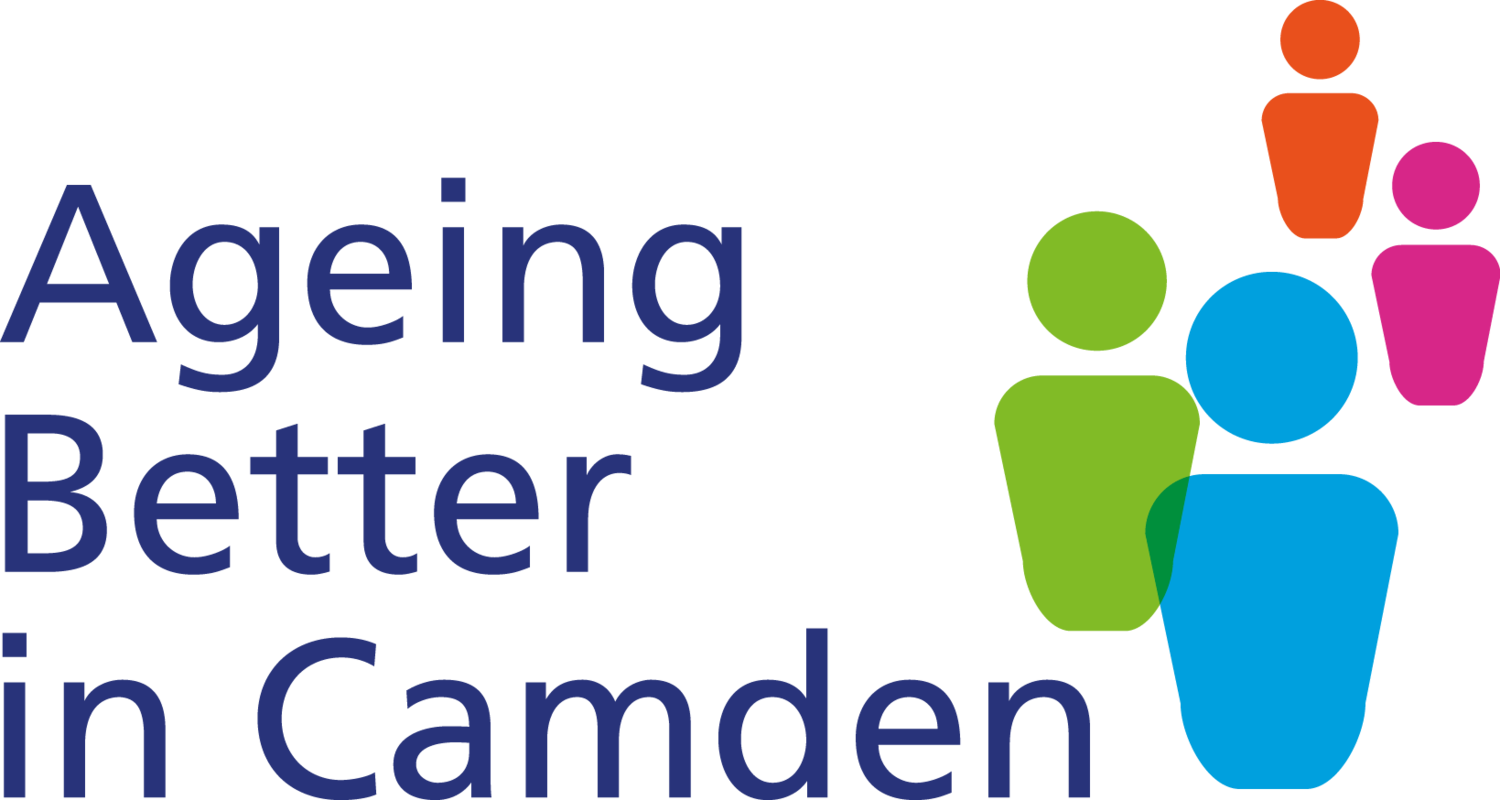We bring you Letters from Lockdown: the first-hand experiences of older people in Camden during the Covid-19 crisis.
At Ageing Better in Camden we believe in amplifying the voices of older people in our communities. Now more than ever, we strive to support our members to raise their voices and share their experiences.
Far from being a great equaliser, the Covid-19 pandemic has revealed some of the deepest inequalities that have often remained hidden in our society. Since the start of the pandemic, members of our Older People’s Advisory Group (OPAG) have been writing a weekly newsletter for one another, to keep informed and connected in these challenging times. It has also brought us all closer together as we share our personal experiences of lockdown.
Here, Diana asks if we are sleepwalking through major societal changes, and thinks about how public spaces and groups like OPAG create room for post-pandemic healing.
Last month I took part in a survey about OPAG. When we were surveyed in 2018, I said the most important thing about OPAG was to keep informed on local issues.
This time, I found myself saying that the important thing about OPAG was the chance to spend time with others and be sociable. It’s as if my field of vision has shrunk.
I used to worry about the planet, the state of Camden services – all the big stuff. But during lockdown, I could sometimes hardly rouse myself to think about anything beyond the latest Covid statistics. Except that I liked being part of the OPAG community and seeing you all regularly.
The survey made me wonder whether lethargy has become infectious.
Does it explain why there hasn’t been more questioning about some of the things that have happened in the past year and more enthusiasm for changing things? Are we sleepwalking? Will we wake up once the lockdown is over?
In a recent article, Guardian columnist John Harris asked an interesting question: ‘…once rules allow us to try to make shared sense of our recent experiences in the company of others, where would we do it?’
His answer was funding for public spaces – parks, halls, arts venues, meeting rooms – as an act of post-pandemic healing.
After the Black Death people had churches. What’s different in the 21st century, he says, is the lack of opportunities for people simply to come together. So for a start, can we have the tables outside the Brunswick Centre supermarket back, please?
John Harris’s column also pointed towards a book by Anthony Costello (the scientist who set up independent SAGE when there was concern about the secrecy surrounding the Government’s scientific advice).
It’s about ‘sympathy groups’ – a phrase I didn’t know but it means small groups sharing a common interest and working together to meet a shared challenge.
Anthony Costello says they’re the secret of success in just about everything. Which brings us back to OPAG, because that’s what we must be – a sympathy group.
So what will OPAG do after lockdown? I’ve no idea, but we’ll be more than just a social group. We’ll have to understand the roadmap, Covid passports, booster jabs, the local arrangements for getting our jabs, quite apart from all the usual OPAG topics – health care, social care, transport and so on.
All of the other OPAG-like sympathy groups will have their work cut out, too. I hope, together, we will be scrutinising measures taken during the past year. I hope we will be uncovering, understanding and healing, together.


